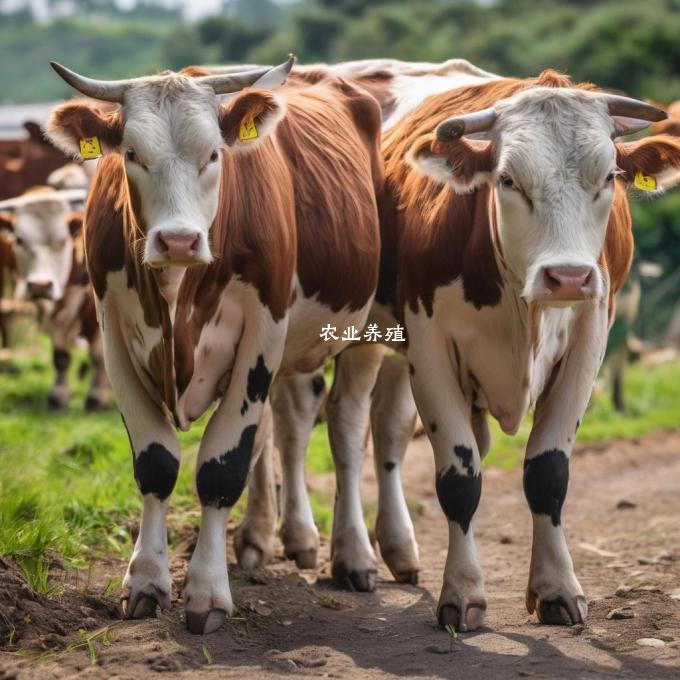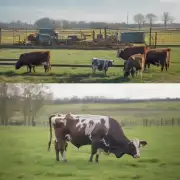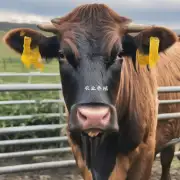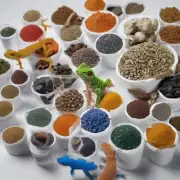如何进行肉牛的健康检查?
樊玲
李宁:把出色留给自己
Answer:
Regular health check-ups for cattle are essential to ensure their well-being and prevent diseases.
Physical Examination:
- Appearance: Observe the animal's overall physical appearance, including skin, eyes, ears, and body condition.
- Body weight and measurements: Take the animal's weight and measure its length, height, and chest circumference.
- Examining the eyes: Check for signs of disease, redness, discharge, or swelling.
- Examining the ears: Look for signs of infection, dirt, or parasites.
- Examining the nose and mouth: Check for signs of disease, wounds, or parasites.
- Examining the udder (for cattle with mammary glands): Check for signs of mastitis, a bacterial infection of the udder.
Blood Tests:
- Complete blood count (CBC): This test measures the number and types of red and white blood cells, as well as the levels of hemoglobin, which is a protein in red blood cells.
- Blood serum biochemistry: This test measures the levels of electrolytes, proteins, and enzymes, which can indicate underlying health issues.
- Blood culture: This test is used to identify bacteria or fungi that may be causing an infection.
Physical Examination Findings:
- Healthy: Cattle with normal body weight, appearance, and behavior.
- Abnormal: Cattle with signs of disease, such as weight loss, dull coat, coughing, or discharge from the eyes, nose, or mouth.
Blood Test Findings:
- Normal: Values indicate that the animal is healthy and has no underlying health issues.
- Abnormal: Values may indicate a health condition, such as infection, disease, or malnutrition.
Additional Considerations:
- Vaccinations: Cattle should receive regular vaccinations to protect against diseases.
- Parasite control: Regular deworming and anthelmintic treatment are important for preventing parasites.
- Nutrition: Ensure that cattle have access to a balanced and nutritious diet.
- Environmental conditions: Provide a clean and comfortable environment for cattle to live in.
Note: It's important to consult with a veterinarian or animal health professional for specific health concerns or recommendations.





